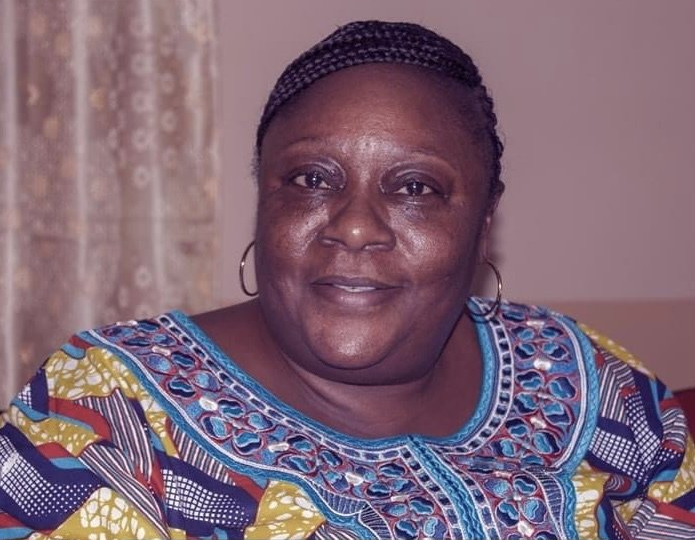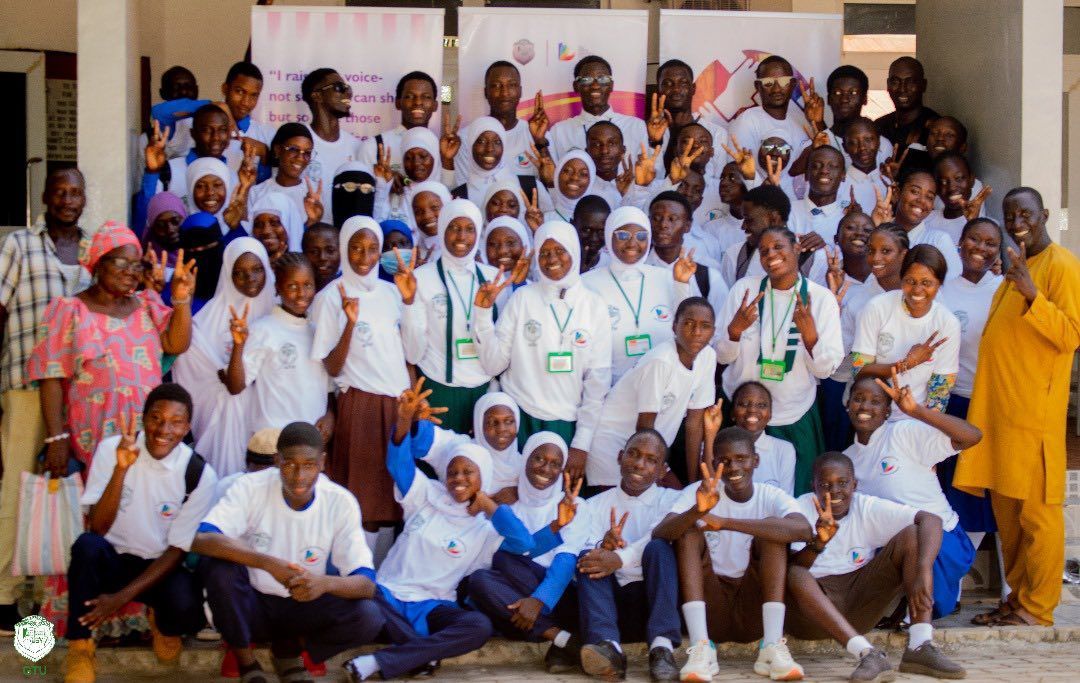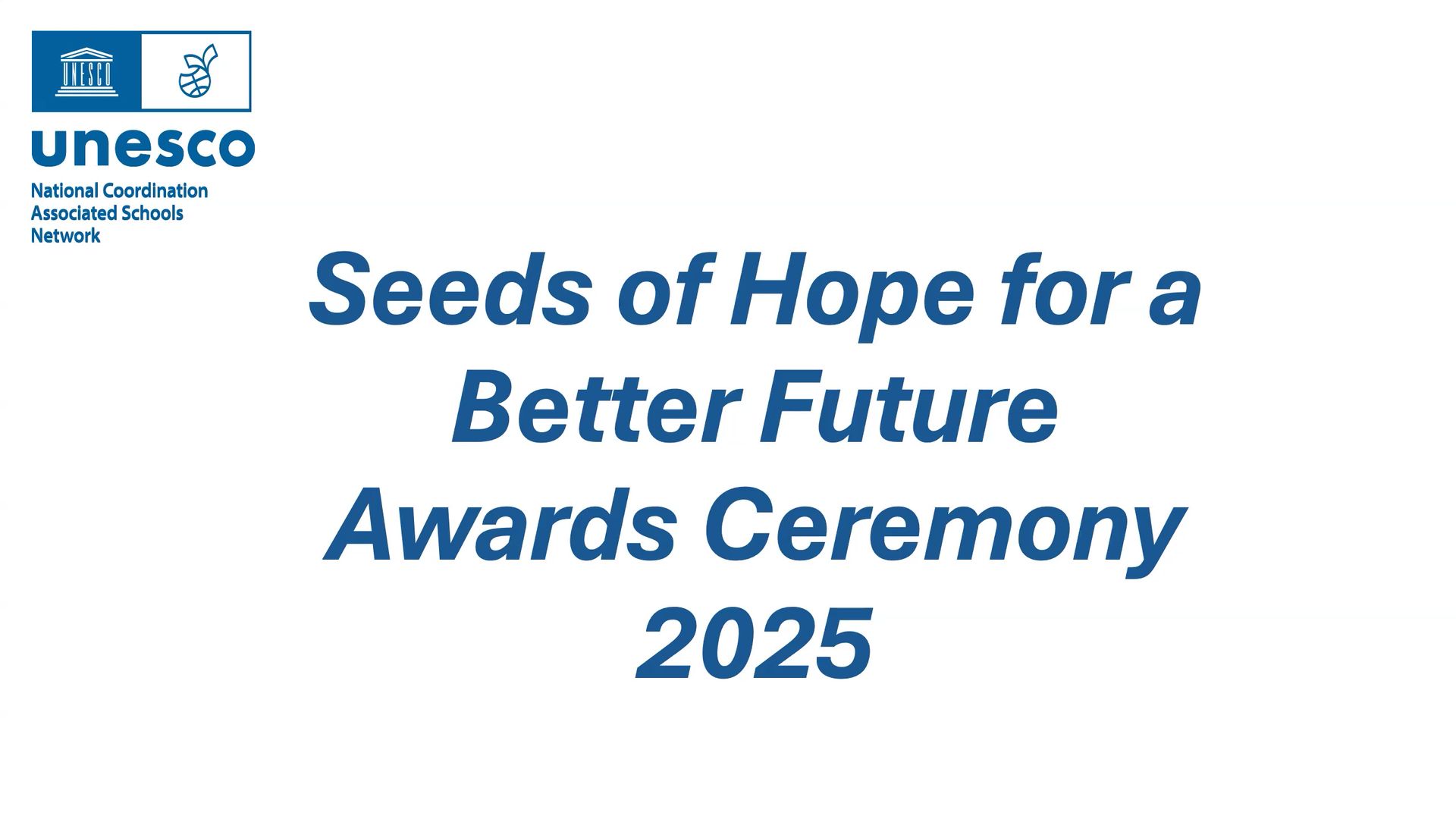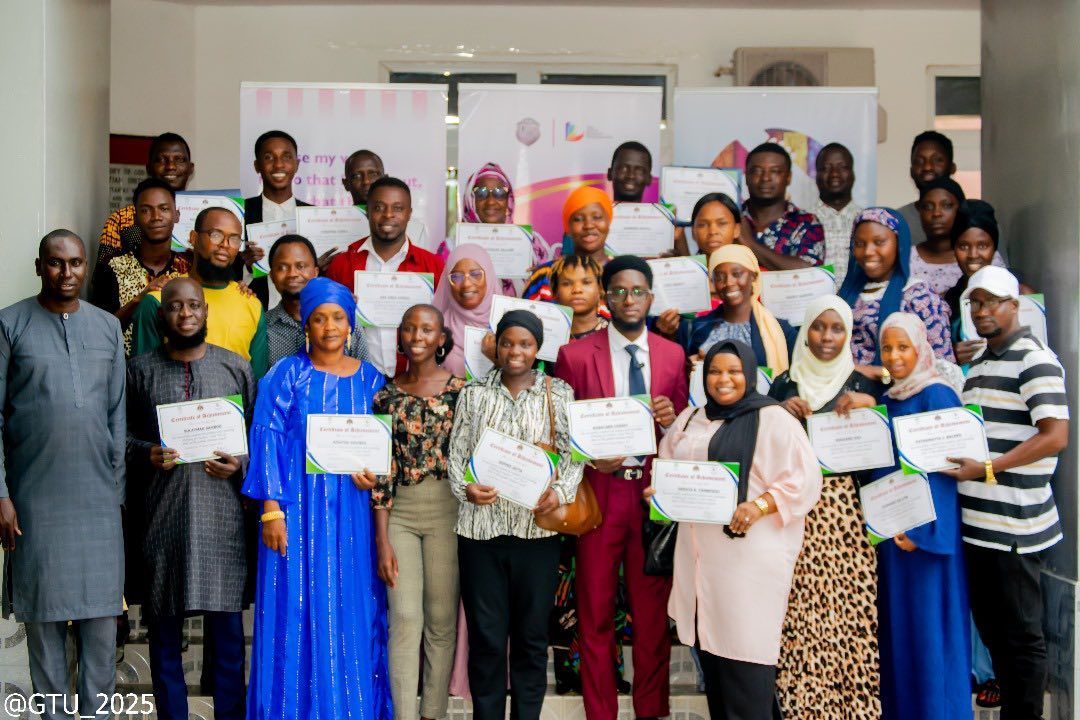Unleashing Potential
MARIE ANTOINETTE CORR, GENERAL SECRETARY GAMBIA TEACHERS’ UNION

How can we rapidly accelerate progress in education not only to help marginalized communities catch up to where the privileged are today, but also to reach a more holistic and equitable education for every child?
Building an inclusive system requires substantial changes in mind-sets, policies and practices. The challenge will be to create new systems that facilitate opportunities for all students.
The analysis of the best performing education systems shows that their curricular proposals are able to motivate, challenge and encourage life and citizen skills development. This requires a more personalised education that provides a range of opportunities. In order to promote the necessary skills to live in the 21st century we must pay more attention to student welfare, to social and emotional learning in addition to cognitive development.
We are living at a time of enormous uncertainty. Technology is advancing at an ever–increasing rate, widening inequality threatens to further disrupt our systems and leave a large part of the world behind as a result. Change is happening at a disorienting pace and our institutions can barely keep up.
Today technological advancement considerably influences our day-to-day life. As a result it becomes essential that the education system should also get restructured to keep pace with changing times. It is also essential that the renewed significance given to education and learning raises the enthusiasm of teachers, families, and communities, and encourages students to engage in their learning.
While we work to transform, we also need to focus on accessibility.According to UNICEF, more than 72 million children of primary education age are not in school. The World Bank’s ‘Learning poverty’ indicator, ie the percentage of children who have not reached minimum reading proficiency by the age of 10, stood at 53% in low and middle-income countries before the outbreak started.
The Covid 19 pandemic caused 1.6 billion children and young people to be out of school in 161 countries. This is close to 80% of the world’s enrolled students.
The mission of all education systems is the same. It is to overcome the learning crisis we are already witnessing and to respond to the pandemic we are all facing. The challenge today is to reduce, as much as possible, the negative impact this pandemic has had on learning and schooling and build on this experience to get back on a path to foster improvement in learning.
As education systems cope with this crisis, they must also be thinking of how they can recover stronger, with a renewed sense of responsibility from all stakeholders. With responsibility fostering a better understanding of the urgent need to close the gap in opportunities, thus assuring that all children have the same chances for quality education.
We should admit that both private and public schools face a common challenge: to strengthen their capacity to impart core values in order to attain one of the pillars of education in the twenty first century - learning to live together.
Investing in education is the most cost-effective way to drive economic development and improve opportunities for young women and men. As it unlocks progress on all 17 Sustainable Development Goals according to United Nations Secretary-General Antonio Gutierrez.
Let’s blend the lessons of the past with the technology of the present and future to truly transform education, giving students the ability to think, learn and evolve no matter what challenges await them tomorrow. Let’s allow our young people to unleash their potential for the benefit the world.
This article was first published in Engage 25.




